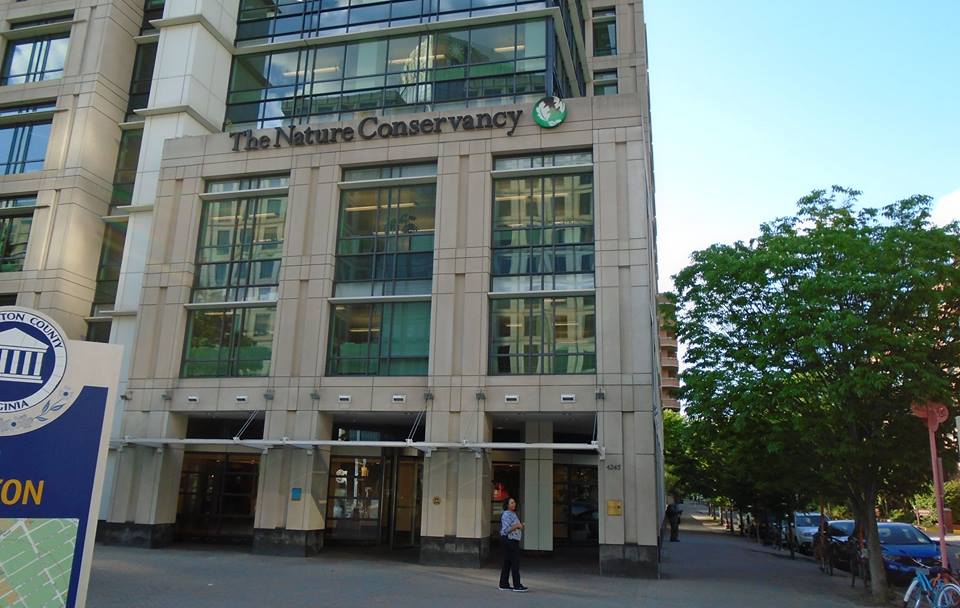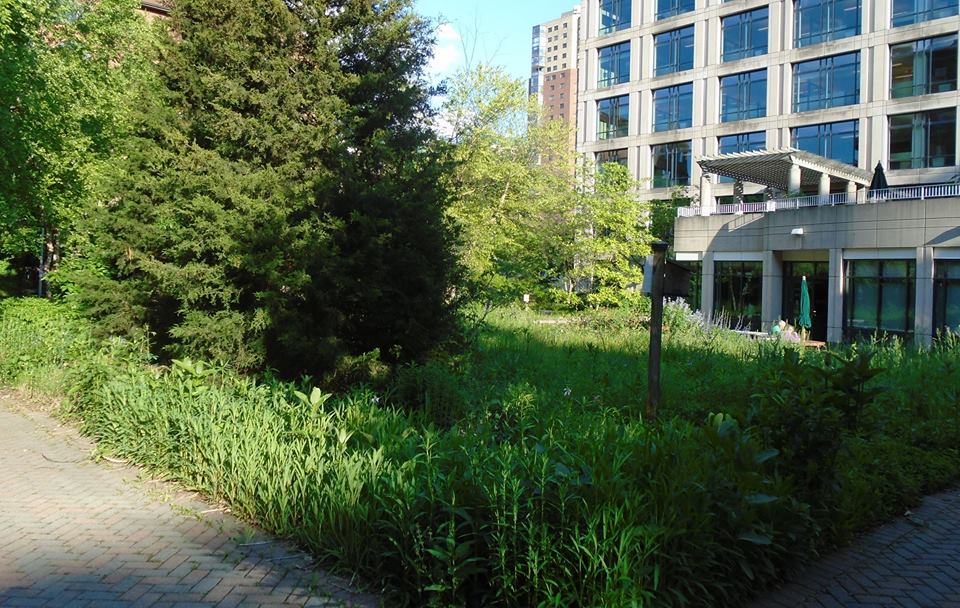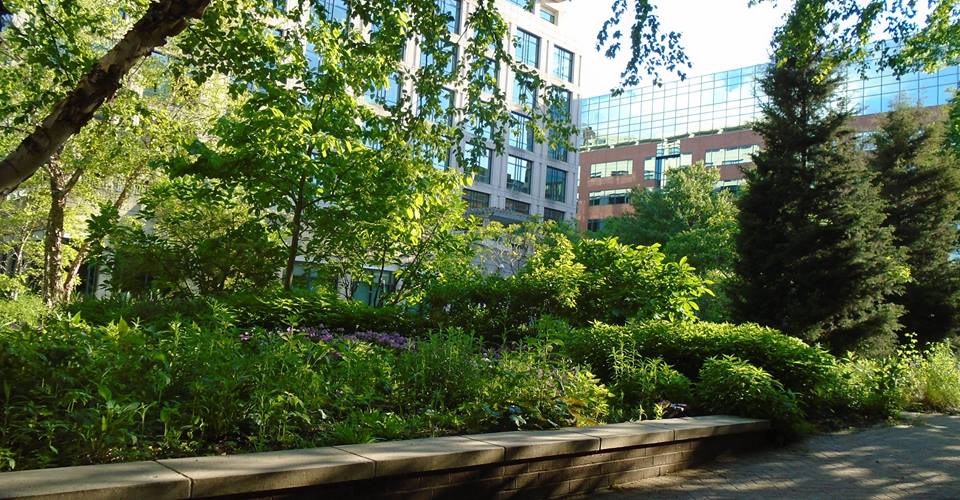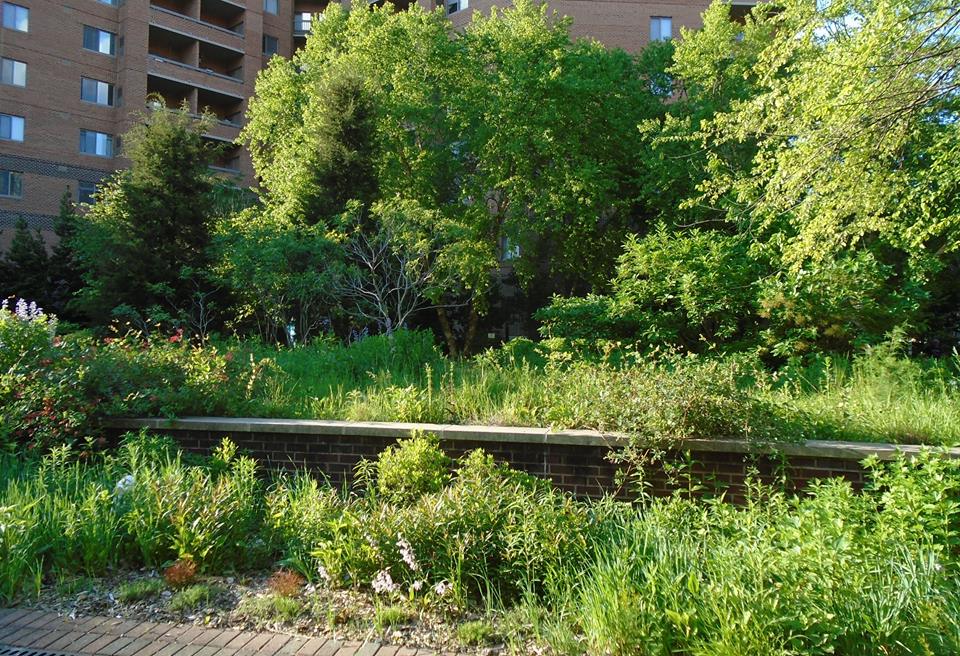
Cities are the future of conservation. By 2050, about 80% of the world’s population will live in cities, and the danger is that they will be separated from nature with little appreciation for its complexity. If most people are going to be involved in nature, it will have to be urban nature.

I went over to the Nature Conservancy for a lecture on urban conservation. The first speaker, Pascal Mittermaier, global managing director, cities, talked about the need for green infrastructure in cities. Green infrastructure can be very cost effective and it provides the added benefit of brining nature to the cities. Natural areas can absorb and direct rain, cool the surroundings and protect homes. Building the drainage, running the air conditioning and providing the retaining walls would cost as much, require more maintenance and generally are less attractive. Green infrastructure is not used as much as it could be or should be because it tends to be slower acting and not as completely controlled.

The second speaker, Kahlil Kettering, conservation director for Maryland and DC, built on this talking about storm water. Storm water is a big deal. Forty-three percent of Washington is paved and impervious to rainwater. All this water just runs off, damaging local streams and putting pollution and sediment into the Anacostia and Potomac. Kettering talked about how parking lots can be reconfigured to handle the rainwater that fall on them. He showed a photo of a parking lot in Maryland that used to shed water and now absorbs all of it. These improvements cost money, some of which can be cost-shared from local, state and Federal funds, but it ends up with a much better result. The parking lots are much more attractive and people like to park their cars in the shade of the trees.

My first picture shows the Nature Conservancy headquarters in Arlington. It is conveniently located near the bike trail and the Balston Metro stop. The other three are the natural garden in back of the building. The plants are native to the Mid-Atlantic region and require little care.
